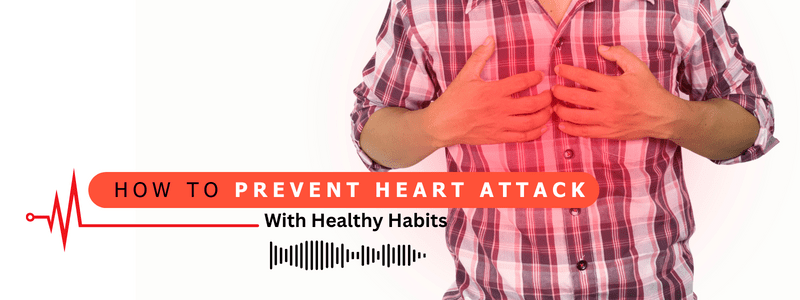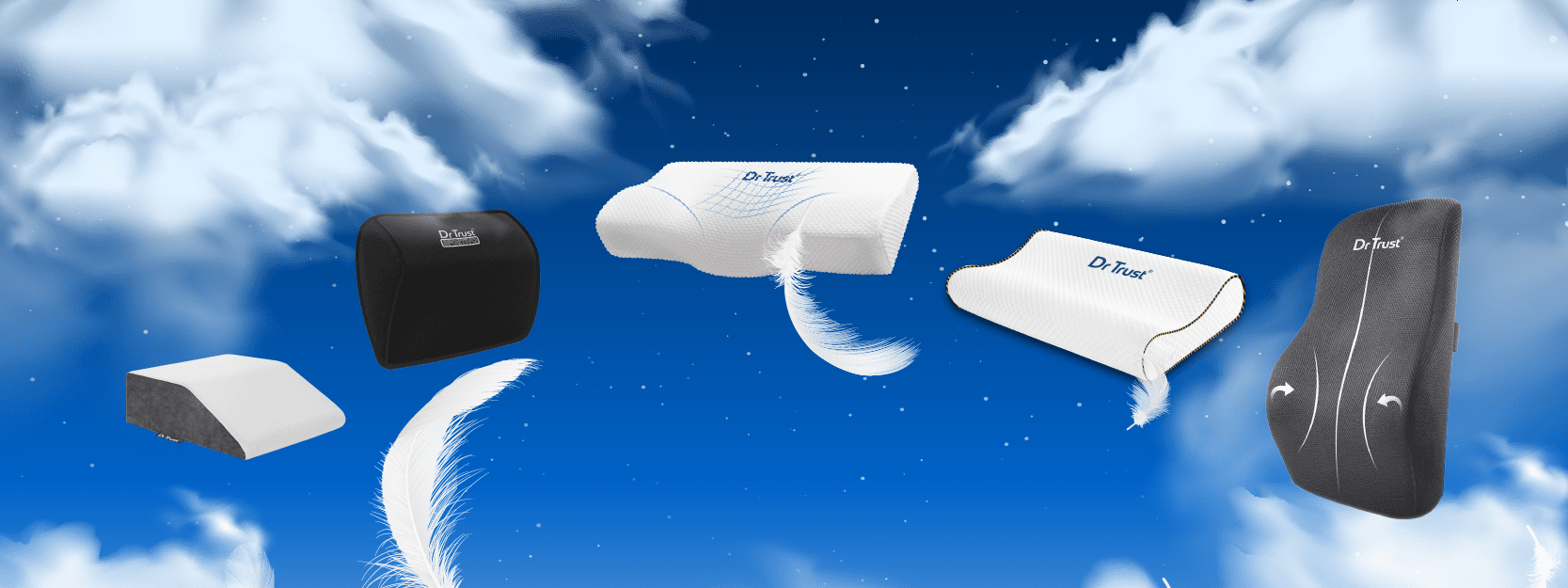In 2019, 2.5 million people died from pneumonia, making it a major global health concern.
After a surge in respiratory illnesses has been observed in China, several states in India have sounded the alert and sprang into action. They have issued new guidelines for healthcare infrastructure preparedness and assessing the whole situation to address any challenging condition promptly.
6 states that have sounded the alert are; Rajasthan, Gujarat, Uttarakhand, Karnataka, Haryana, and, Tamil Nadu.
Recognizing the importance of early detection and intervention is crucial in addressing pneumonia's significant impact on global mortality.
According to the Centers for Disease Control and Prevention (CDC) official website, unrecognized pneumonia commonly results in respiratory system infections that can lead to more serious lung infections and need hospitalization.
If you are still taking your fever, cold and cough, weakness lightly check this blog to be aware of the symptoms, causes, preventions, and treatments of pneumonia. To help you more we will share some precautions to take at home to be safe from pneumonia.
HIGHLIGHTS
|
WHAT IS PNEUMONIA?
Imagine your lungs like tiny air sacs. Pneumonia happens when these air sacs get inflamed and filled with fluid or pus, making it hard to breathe.
Shocking FACTS you must know about:
As per United Nations Reports Pneumonia tragically claimed countless young lives in India:
India ranked second globally in 2018 for child pneumonia deaths under five.
This curable and preventable disease took a child's life every 39 seconds worldwide.
The UN report highlights the urgent need for action to combat this devastating illness.
SYMPTOMS
New pneumonia symptoms, often mistaken for general malaise, can lead to delayed treatment.
Cough: Often brings up phlegm (thick mucus), sometimes green, yellow, or even bloody.
Fever: Can be mild or high, sometimes with chills and sweating.
Shortness of breath: Feels like you can't catch your breath, especially when active.
Chest pain: Sharp or dull pain, that worsens when breathing or coughing.
Feeling tired: Like you have no energy.
Loss of appetite: Not wanting to eat, especially for kids.
Confusion: Feeling disoriented or not thinking clearly, mostly in older adults or people with weak immune systems.

CAUSES
Tiny bugs: Bacteria, viruses, or fungi can sneak into your lungs and cause trouble.
Inhaling yucky things: Chemicals, dust, smoke, or even food/drink if you breathe it in.
WHO'S AT HIGHER RISK?
Young kids and older adults: Their lungs are more sensitive.
Smokers: Smoking damages your lungs and makes it easier for bugs to get in.
People with lung problems: Asthma, COPD, etc. make it harder to fight infections.
Weak immune systems: HIV/AIDS, recent bone marrow transplants, etc. make it harder to fight off bugs.
Important: Don't delay! Early diagnosis and treatment are crucial for optimal recovery. ⏱️
If you or a child are experiencing severe symptoms, seek immediate medical attention!
See a doctor if you have any symptoms of pneumonia. Early diagnosis and treatment are key to preventing complications.

PREVENTING PNEUMONIA
At Home and When You're Out At Home:
1. Maintain hygiene.
2. Wash your hands frequently: This is the cornerstone of preventing the spread of germs. Wash with soap and water for at least 20 seconds, especially after:
|
3. Cover your coughs and sneezes: Use a tissue or your elbow to avoid spreading germs through the air.
4. Clean and disinfect surfaces regularly: Focus on high-touch areas like doorknobs, countertops, light switches, and faucets.
5. Open windows and doors for ventilation: Fresh air helps to reduce the concentration of airborne germs.
Attention! Maintain a safe distance from sick individuals: If someone in your household is ill, try to keep at least 6 feet apart.
Lifestyle Changes:
- Strengthen your immune system: Eat a balanced diet rich in fruits, vegetables, and whole grains. Engage in regular exercise like walking, swimming, or yoga. Manage stress through relaxation techniques like meditation or deep breathing. Aim for 7-8 hours of sleep each night.
- Get vaccinated: Stay up-to-date on all recommended vaccinations, including the pneumococcal vaccine, which protects against several types of pneumonia-causing bacteria.
- Quit smoking: Smoking damages your lungs and significantly increases your risk of
- Control air pollution: Avoid exposure to smoke, dust, and fumes whenever possible.
- Use a humidifier: This can help to keep your airways moist and comfortable, especially during dry winter months
Check here the suitable Humidifier for you:

Doctor Check-ups and Medication:
- Schedule regular check-ups with your doctor: This allows them to monitor your health and identify any potential risks for pneumonia.
- Take prescribed medications as directed: If you have a chronic respiratory condition, like asthma or COPD, adhering to your medication regimen is crucial in preventing pneumonia.
Diet and Exercise:
- Maintain a healthy diet: Focus on consuming fruits, vegetables, whole grains, lean protein, and healthy fats. Limit processed foods, sugary drinks, and excessive salt intake.
- Engage in regular exercise: Aim for at least 30 minutes of moderate-intensity exercise most days of the week. Exercise strengthens your lungs and improves your overall health, making you less susceptible to infections.
When You're Out:
- Practice good hygiene: Continue washing your hands frequently, covering your coughs and sneezes, and avoiding touching your face.
- Maintain a safe distance: Keep at least 6 feet away from individuals who appear sick or are coughing or sneezing.
- Wear a mask in crowded places: This is especially important during flu season or when around individuals with respiratory illnesses.
- Avoid sharing personal items: Don't share utensils, cigarettes, water bottles, or other personal belongings with others.
- Be mindful of public surfaces: Avoid touching your face after coming into contact with public surfaces like doorknobs, handrails, or countertops. Use hand sanitizer if soap and water are not readily available.
EMPOWERING RECOVERY WITH HEALTH MONITORING DEVICES
Continuous health monitoring ensures early detection of any worsening symptoms, enabling timely intervention and medical care. Integration of a range of cutting-edge health monitoring devices including thermometers and fitness trackers etc. contribute to a comprehensive and proactive approach to managing this respiratory condition. From fitness trackers capable of monitoring vital signs like heart rate and oxygen saturation to smart thermometers that provide real-time temperature readings, these devices empower individuals dealing with pneumonia caused by bacteria. Furthermore, pulse oximeters that measure blood oxygen levels play a pivotal role in tracking respiratory health. As technology continues to advance, the synergy of these health monitoring devices offers a multifaceted and personalized strategy for optimizing wellness and improving overall health outcomes for individuals affected by pneumonia.
Pneumonia is a serious but preventable illness. By understanding the risks, symptoms, and preventive measures, you can take control of your health and safeguard yourself and your loved ones. Remember, simple actions like good hygiene, vaccination, and maintaining a healthy lifestyle can make a world of difference.










